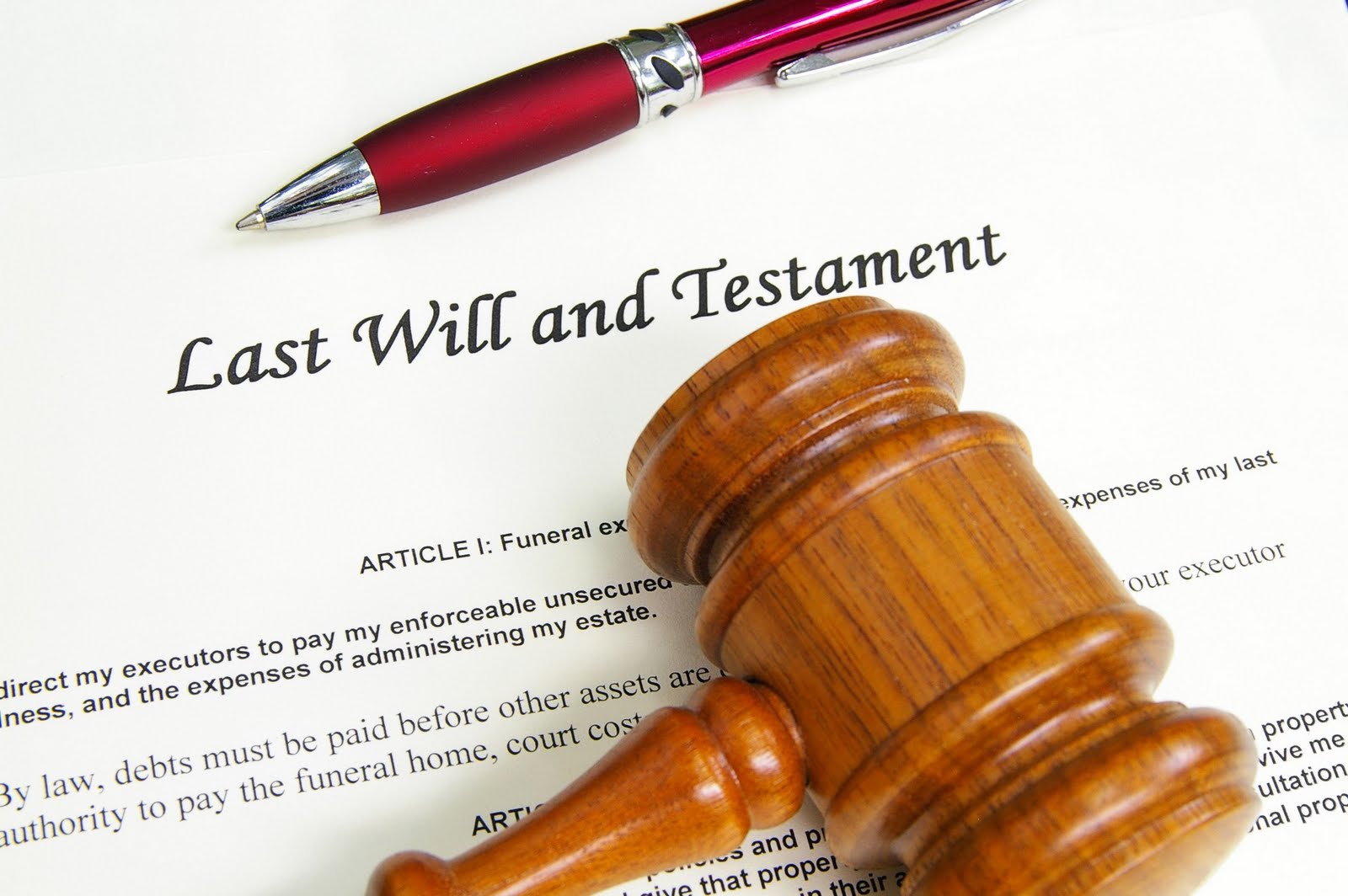What is “probate”?

What is Probate?
Probate is a court-supervised process for identifying and gathering assets of a deceased person (often known as the “decedent”) in order to wind up the affairs of the decedent, such as paying the decedent’s debts and distributing the decedent’s asset to his or her beneficiaries.
What is involved in the probate process?
Rules governing probate
The Florida Probate Code is found in Chapters 731 through 735 of the Florida Statutes and the rules governing Florida probate proceedings are found in the Florida Probate rules, Part I and Part II (Rules 5.010-5.530).
Types of administration
The two most common types of probate administration under Florida law are formal administration and summary administration.
Summary administration, in short, is administration by the probate court where there is less than $75,000 in assets in the probate estate and there are no creditors’ claims against the estate.
All other amounts of property are conducted in formal administration (assuming the property is in Florida.
Where is probate administration conducted?
Probate estates are administered in the probate division of the circuit civil court generally in the county where the decedent was domiciled at the time of death.
How long does the probate process take?
Probate can last anywhere from a few months to a few years, depending on the nature of the assets, the claims against the estate, and whether there are any contests to the administration and/or distribution of the estate.
Probate assets
Probate assets are those assets that the decedent owned in his or her sole name at death, or that were owned by the decedent and one or more co-owners and lacked a provision for automatic succession of ownership at death. Fortunately for family, Florida law protects the decedent’s surviving spouse and certain surviving children from total disinheritance.
For example, a surviving spouse may have rights in the decedent’s homestead real property and the right to come forward to claim an “elective share” from the decedent’s probate estate. Generally, the spouse is entitled to 30% of all of the decedent’s assets, including any assets that are non-probate assets. A surviving spouse and/or decedent’s children may also have the right to a family allowance to provide them with funds prior to final distribution of the estate assets, and rights in exempt property that will be paid to them instead of to creditors in satisfaction of claims against the estate.
Who administers the estate?
While the circuit court judge presides over probate proceedings, a personal representative (also known as “executor, executrix, administrator and administratix) is appointed to oversee the affairs of the estate. The personal representative is charged with the legal duty to: identify, gather and safeguard the probate assets, alert potential creditors by publishing a “Notice to Creditors” in a local newspaper; publish a “Notice of Administration” to provide information about the probate estate and procedures to be followed by those having objections to the administration of the decedent’s assets; object to and pay creditors’ claims; file tax returns and pay any taxes due; employ professionals to assist in the administration of the estate, such as attorneys or accountants; distribute the assets of the estate pursuant to a valid will or by law; and close the probate estate, among other things.
Who can serve as personal representative?
A personal representative of an estate can be an individual or a bank or trust company, subject to certain restrictions.
To qualify to serve as a personal representative, an individual must either be a Florida resident or, regardless of residence, a spouse, sibling, child, parent, or other close relative of the decedent. An individual who is not a resident of Florida and who is not closely related to the decedent may not serve as a personal representative.
Usually, an individual is named in the decedent’s will to serve as personal representative, so long as the named person or bank or trust company is legally qualified to serve.
If there is no valid will, the surviving spouse has first rights to serve as personal representative. If there is no surviving spouse, or if the decedent’s spouse is incapable of or declines to serving as personal representative, then the person or institution selected by a majority in interest of the decedent’s heirs will have second right to be appointed as personal representative. If the heirs do not agree, the court will appoint a representative and a hearing will be held for that purpose.
It is highly recommended that the personal representative hire a qualified attorney to assist in the administration of the estate. Many legal issues arise, even in the simplest situations.



